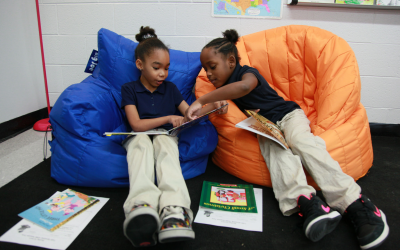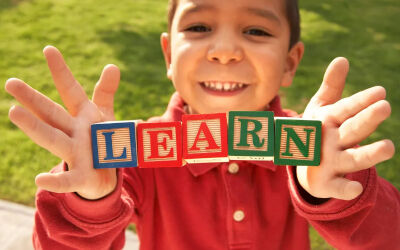As parents, we all want the best for our children. We strive to provide them with the tools they need to succeed in life, and one of the most crucial tools is reading. Reading is an essential skill that not only enables our children to acquire knowledge but also helps them develop important cognitive, social, and emotional skills. In this article, we will explore the power of reading and how it can positively impact your child’s development.
Why is reading important for children?
Reading is more than just a pastime or a means of acquiring knowledge. It is a skill that opens doors to new worlds and experiences. It provides children with an opportunity to explore different cultures, ideas, and perspectives. Here are some of the reasons why reading is important for children:
1. Develops cognitive skills
Reading requires children to use their brain in new and different ways. It helps them develop critical thinking, problem-solving, and analytical skills. Reading also enhances their vocabulary, comprehension, and language skills, which are essential for academic success.
2. Improves social skills
Reading can also help children develop social skills such as empathy and understanding. When children read stories, they learn about different characters and their experiences. This helps them understand different perspectives and builds their emotional intelligence.
3. Boosts emotional development
Reading can be a form of therapy for children, especially those going through difficult times. It can help them understand and cope with their emotions and experiences. Reading also helps children develop empathy and compassion, which are essential for healthy emotional development.
The Power of Reading: How It Helps Your Child’s Development
1. Enhances vocabulary
Reading is an excellent way for children to expand their vocabulary. They are exposed to new words and concepts, which they can then use in their everyday conversations. This not only improves their communication skills but also helps them become better writers.
2. Improves comprehension
Reading requires children to understand and analyze text. They need to make connections between what they are reading and what they already know. This process improves their comprehension skills, which are essential for academic success.
3. Stimulates imagination
Reading can transport children to different worlds and experiences. It stimulates their imagination and creativity, allowing them to explore new ideas and perspectives. This is crucial for developing innovative and critical thinking skills.
4. Builds empathy and understanding
When children read stories, they are exposed to different characters and their experiences. This helps them develop empathy and understanding for others. They learn to put themselves in other people’s shoes and see things from different perspectives.
5. Develops discipline and focus
Reading requires concentration and focus. It teaches children to sit still and focus their attention on one thing for an extended period. This discipline and focus are essential skills that can help children succeed in school and in life.
Conclusion
The power of reading cannot be overstated when it comes to a child’s development. Reading enhances cognitive, social, and emotional skills and provides children with a window into different worlds and perspectives. As parents, we can encourage reading by making it a fun and engaging activity, choosing books that align with our children’s interests and reading level, and setting aside regular reading time. By doing so, we can help our children unlock the many benefits that reading has to offer and set them on a path towards academic and personal success. Find the next perfect book uniquely developed for your children after completing our 2-minute test for parents!
FAQs
1. At what age should I start reading to my child?
You can start reading to your child as early as six months old. Reading to your child at a young age can help them develop language skills and prepare them for academic success.
2. How can I encourage my child to read?
Make reading a fun and engaging activity by choosing books that align with your child’s interests and reading level. Set aside regular reading time and create a comfortable and cozy reading space. Encourage your child to ask questions and engage in discussions about what they are reading.
3. Can reading too much be harmful to my child?
Reading is generally beneficial for children, but excessive reading can lead to eye strain and fatigue. It is essential to balance reading with other activities such as physical exercise, socializing, and outdoor play.






